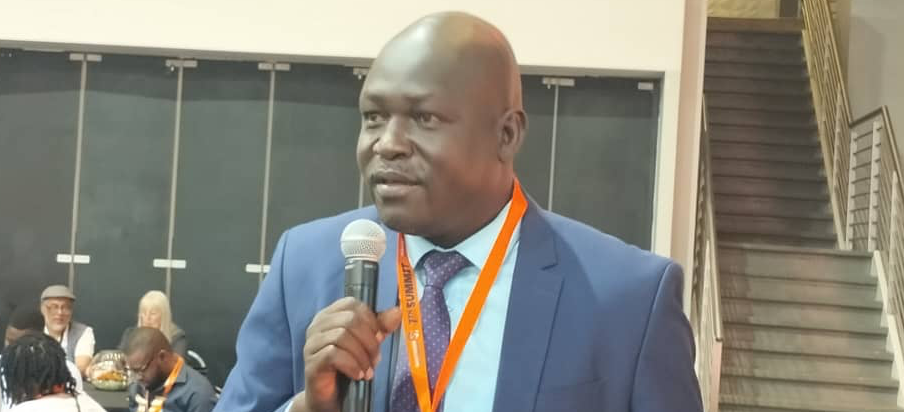In South Sudan, communication is not just a convenience but a lifeline. In a country struggling with fragile infrastructure and widespread poverty, affordable access to communication is essential for connecting families, supporting businesses, and facilitating emergency responses. However, the recent surge in communication tariffs by telecommunication companies is an alarming trend that threatens South Sudanese’s fundamental right to affordable and accessible communication.
These price hikes disproportionately affect rural and low-income communities, where access to reliable communication services is already limited. For many South Sudanese, mobile phones are the primary means of staying connected, accessing information, and conducting business. Increasing the cost of these services not only widens the digital divide but also stifles socio-economic progress.
The recent hike in telecom tariffs should not be attributed solely to the weakness of the South Sudanese pound, as asserted by Hon. Michael Makuei. While fluctuations in currency value undeniably affect operational costs, telecom operators have long adjusted their rates to reflect these changes incrementally, making the sudden and steep increase suspect. Makuei’s claim that “operators charge in South Sudanese pounds, but international norms require them to charge in hard currency” does not justify the burden being passed so heavily onto consumers. If operators have historically adapted their business models to local conditions, why is there now a need for such drastic increases? Furthermore, placing the blame entirely on currency weakness overlooks the potential for regulatory failures or monopolistic practices that might drive up costs.
In a country where many citizens are already struggling with inflation and economic instability, increasing telecom tariffs threatens to limit further access to essential communication services, which are crucial for education, business, and civic engagement. Instead of focusing on external factors as scapegoats, there should be a push for more robust regulatory oversight to ensure fair pricing and increased competition in the sector. Additionally, efforts to stabilize the currency and foster a more predictable economic environment would provide a more sustainable solution, protecting consumers from unjustified cost increases.
Telecom companies often justify these tariff increases by citing the high operational costs of maintaining infrastructure, especially in remote and underserved areas. While these challenges are real, solutions exist, chief among them the Universal Service Fund (USF). This fund, typically established through contributions from telecom operators, is designed to ensure that all citizens, regardless of their location or income level, can access essential communication services.
In South Sudan, the USF should be utilized to subsidize infrastructure development in rural areas, improving network coverage and service quality without passing the costs onto consumers. By investing in rural connectivity, telecom companies can expand their customer base and promote economic inclusion. It is a win-win scenario: communities access affordable communication, and companies gain new market opportunities.
The right to communication is enshrined in international human rights frameworks, emphasizing its role in fostering freedom of expression, access to information, and social inclusion. South Sudan’s government has a duty to protect this right by regulating the telecommunications sector and ensuring that services remain affordable for all citizens.
High tariffs not only hinder access to essential services but also undermine efforts to build a more inclusive and connected society. For South Sudan to thrive, communication must be treated as a public good, not a luxury reserved for the privileged few.
The government and telecom companies should collaborate to address the sector’s challenges. Telecom operators should prioritize using the USF to bridge the urban-rural divide, while the government must enforce regulatory measures that protect consumers from exploitative pricing. Civil society organizations, including human rights defenders, are crucial in advocating for fair and inclusive communication policies.
In conclusion, the rising cost of communication in South Sudan is not just a financial burden but a barrier to progress and a violation of fundamental rights. Addressing this issue requires collective action and a commitment to ensuring that all South Sudanese can access affordable, reliable communication services. Only then can we build a more connected, informed, and equitable society.
The author, James Bidal, is passionate about defending Human Rights and is a researcher. He can be reached via email at goodbidal@gmail.com
The views expressed in ‘opinion’ articles published by Radio Tamazuj are solely those of the writer. The veracity of any claims made is the responsibility of the author, not Radio Tamazuj.




